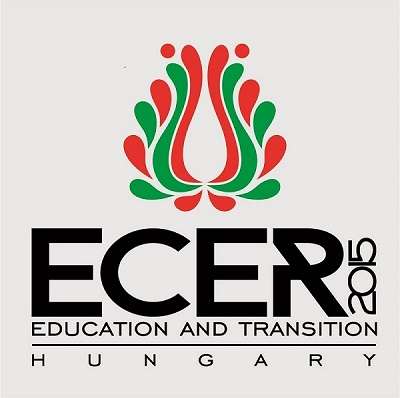The following full day Capacity Development Workshops will run concurrently on Monday 7 September 2015, 9:00 t0 16:00.
1. Innovative Methodologies for International Research on Adolescents
presented by:
Barbara Schneider, Michigan State University
Katariina Salmela-Aro, University of Helsinki
Today the opportunities to study the lives of adolescents have increased substantially. This workshop will explore new methodologies for obtaining information and provide some examples of analyses. One of the key aspects of this workshop will be examples of how to merge datasets from multiple sources. Participants will leave the workshop with information on how to access smartphone technology, merging information into computerized surveys such as qualtrics, securing participant confidentiality and data sites, and code for analyzing data in multiple computer languages. Participants are encouraged to bring their computers for obtaining additional information through various websites and a unique data site constructed for this workshop. At the workshop participants will receive actual hands on smart phones to learn how to conduct experience sampling methods--a form of time diary, photographs of student work, and gps location information. Instructors will also discuss some of the new tools used to obtain biological information such as salvia samples, heart rate information, and eye trackers. It is important to underscore that while the session will cover new methodologies some time will be devoted to why it is important to study the social context of adolescents, their networks, and what indicators we have overlooked.
2. Introduction to Causal Analysis Using TIMSS and PISA
presented by:
William Schmidt, Michigan State University
Pablo Zoido, Organisation for Economic Co-operation and Development
PISA and TIMSS have become important resources for studying mathematics education world-wide. The two studies provide extensive background information related to students, to schools, and to countries. This workshop examines, in-depth, the types of research questions related to the effects of schooling that can be studied using the data from these two studies.
The two studies are structured very differently in terms of: sample selection, the age/grade distribution of the students, whether the classrooms are identified in the sampling, and the nature of the mathematics test that the students take, all of which impose serious constraints on casual inferences. Such design differences serve as limiting factors as to what questions can and cannot be addressed from the data. These differences between TIMSS and PISA are discussed especially with respect to the limitations each creates in terms of understanding the casual role of schooling itself or for other related characteristics to student learning of the core knowledge society has deemed appropriate.
One of the inherent difficulties in establishing such robust casual relationships using a single cohort as is the case in both studies is to control for the relevant and salient characteristics that if left uncontrolled introduce relevant and salient bias in the estimated relationship of the studied variable to student performance. History and tradition have led to the almost automatic inclusion of a measure of social class and both studies have included questionnaire items that allow the researcher to develop an SES scale.
In this session we propose still another fundamental concept that similarly must be included as such a control variable – opportunity to learn (OTL). TIMSS and most recently, PISA (2012), have such measures. We review the history of OTL defined as content coverage and propose possible measures. Using both PISA and TIMSS examples we make the case as to why this measure of schooling is as fundamental, if not more so, than SES especially in studies related to academic achievement in mathematics.
Results are shared which suggest the relevance of OTL not only as a control variable but as a concept worthy of study in each participating country and to comparative study worldwide.
Registration
Please register to attend: <link http: www.weraonline.org events _blank external link in new>www.weraonline.org/events/register.aspx
Please note: The two workshops take place in parallel to the Emerging Researchers' Conference - presenters in the ERC will therefore not be able to participate in the full day courses.
Both workshops are subject to additional fees.
ECER 2015

